|
We are thrilled to be working with Learn to Play Botswana, who have just returned from Kyaka II refugee settlement in Uganda, where they have been training our staff, caregivers (what we would know as ‘preschool teachers’), and the local volunteers who support the programme on the importance of mindful play and creativity.
The team were shown examples of how to use mindful play and mindfulness with the children, learning exercises like ‘bubble breathing’ and ‘rainbow breathing’ to help children learn strategies to feel calm. Participants took part in group mindfulness sessions and were able to join in with some yoga practice, with the adults noting that they themselves felt calmer and less stressed after taking part. For adults and children, who have experienced trauma, these skills are so important to their overall wellbeing and recovery. A session on how to foster creativity and imagination for children got participants making resources for children to help make learning interesting and attractive for children.Participants were taught about the importance of giving children creative freedom to express themselves by painting and drawing freely, with no guidance, along with sharing made up stories. These opportunities are vital for children to develop their ability to process their emotions and explore how they see the world. All the sessions were full of fun, and designed in a way that participants can share what they have learnt with fellow caregivers and parents. Learn to Play specialise in demonstrating the value of Early Childhood Development (ECD) to parents, stakeholders, and caregivers in places where ECD may not yet be seen as a necessity. They want to show that play is vital for young children, and a focus on learning by rote, or encouraging academic achievement at a young age can be detrimental to a child's overall wellbeing and development. Our Education consultant, Ismael, told us: “my biggest takeaway from the training was learning that children should appreciate and celebrate themselves. This is something that in our culture is not common. People are taught to respect and serve others first and foremost”. He also told us that the training showed the impact of using play to teach caregivers, stakeholders and parents, the key concepts of child development and the science behind play.
We know that the best way to protect children who have suffered trauma or are living through crises is to create a safe, colourful environment, with trusted adults and plenty of opportunities to express themselves, learn and play with friends. As the training from ‘Learn to Play’ takes effect within our early childhood development programme in Kyaka II, we’re excited to see the benefits on the children of more play based learning, free play, mindfulness and positive affirmations to improve their wellbeing.
Support us
0 Comments
Your comment will be posted after it is approved.
Leave a Reply. |
RECEIVE OUR EMAILSBlog Categories
All
Archives
July 2024
|
|
JOIN US ON SOCIAL MEDIA
|
Annual Report | Contact Us | Jobs | Media Centre | Resources | Shop
Accessibility & Policies: Accessibility | Equity, Diversity & Inclusion Policy | Complaints| Privacy Policy | Safeguarding
Accessibility & Policies: Accessibility | Equity, Diversity & Inclusion Policy | Complaints| Privacy Policy | Safeguarding
Children on the Edge, 5 The Victoria, 25 St Pancras, Chichester, West Sussex, PO19 7LT, UK | 01243 538530 | [email protected]


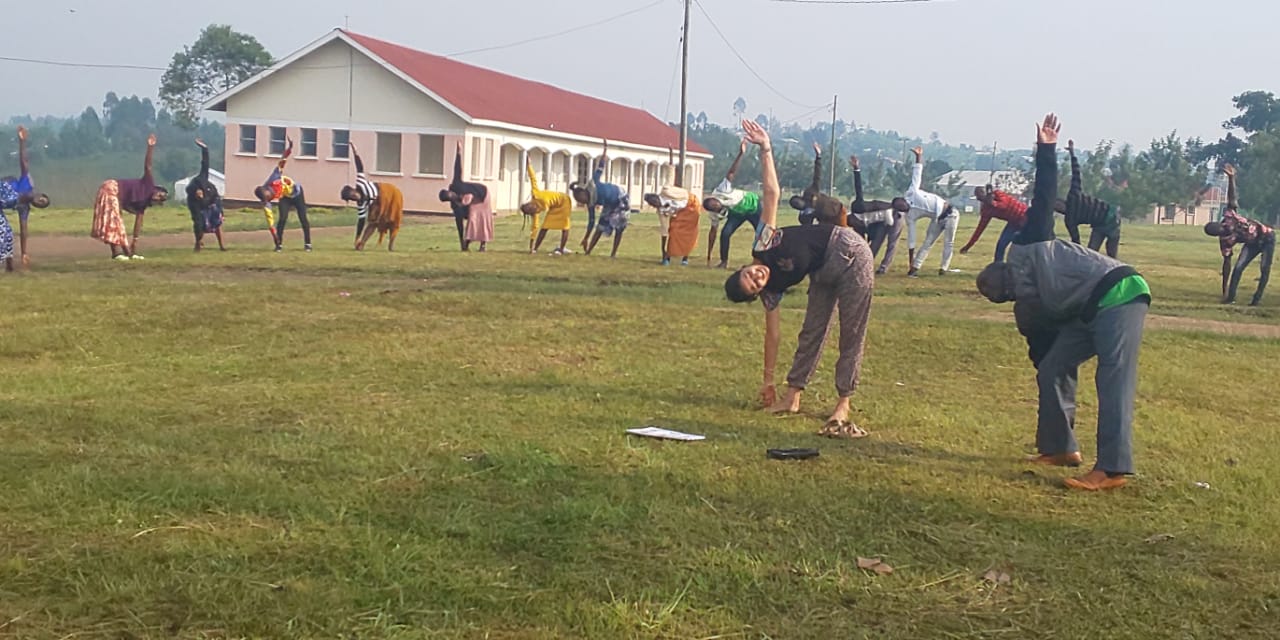
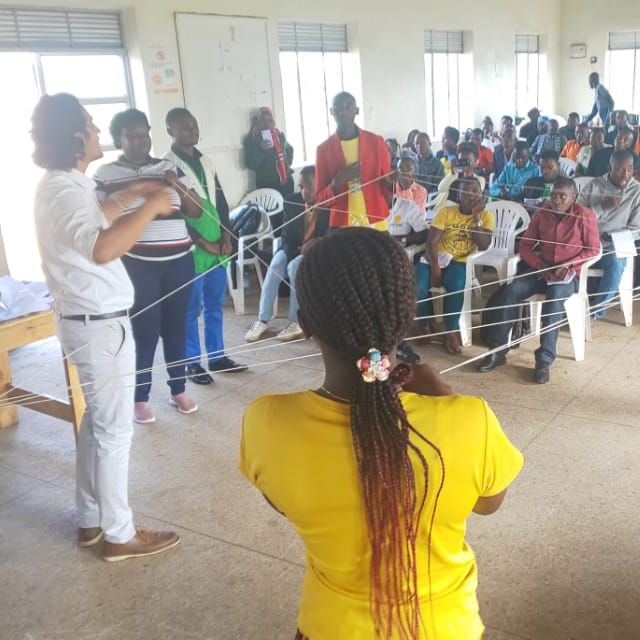
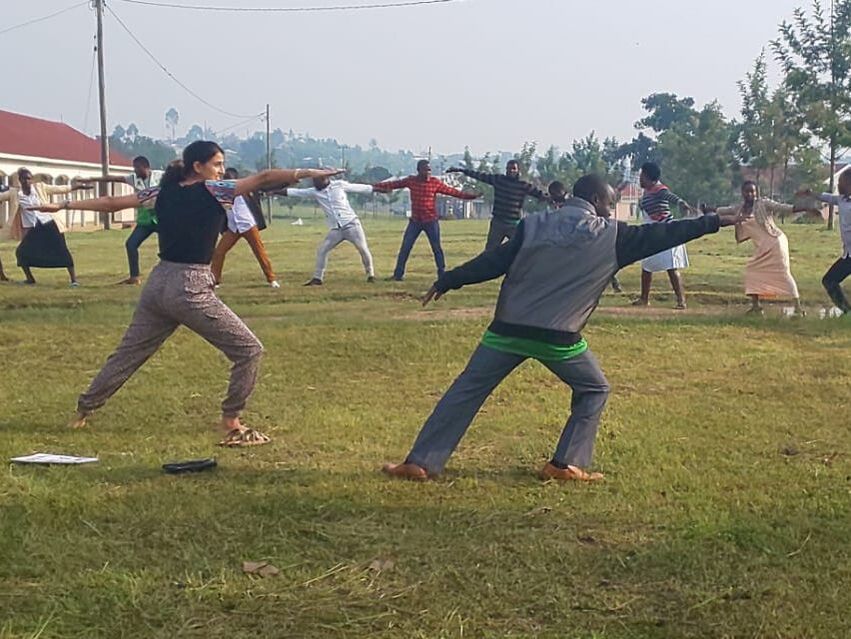
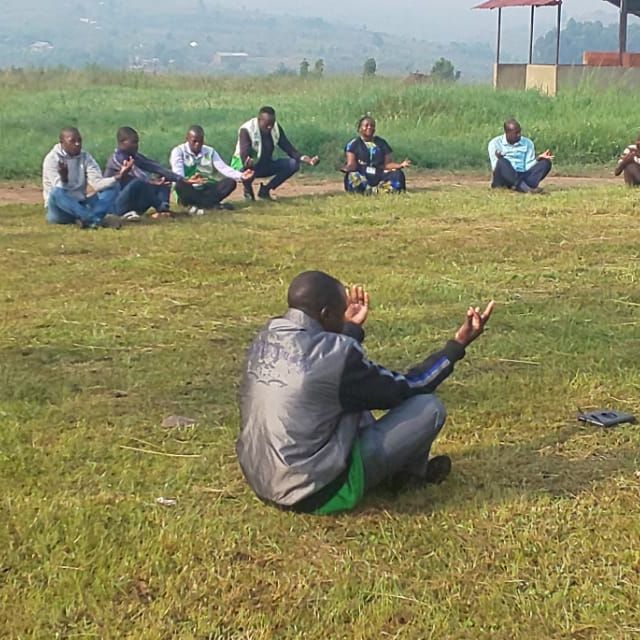



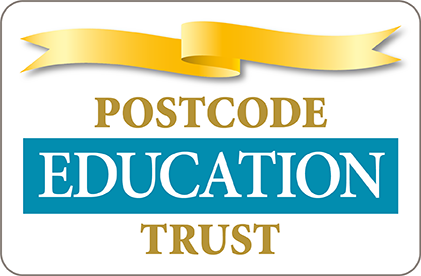
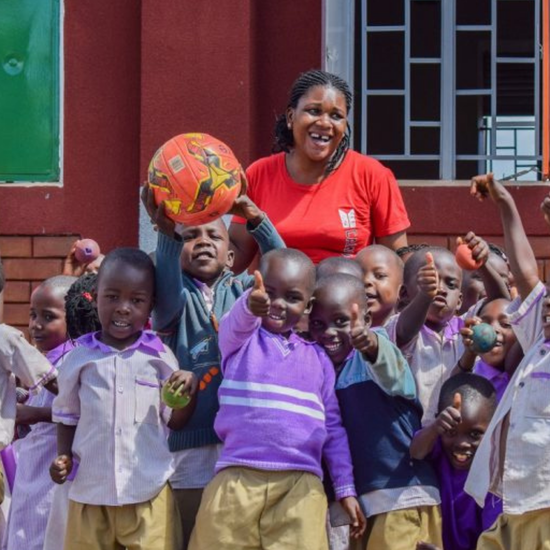
 Give monthly
Give monthly Fundraise for us
Fundraise for us RSS Feed
RSS Feed
